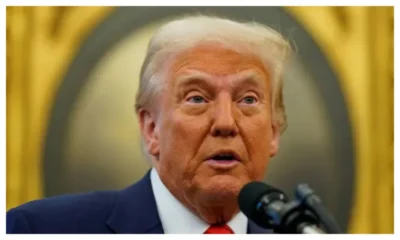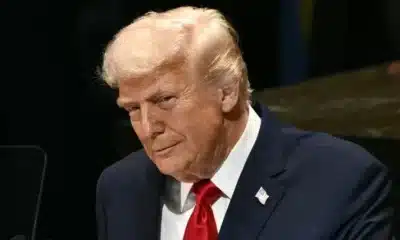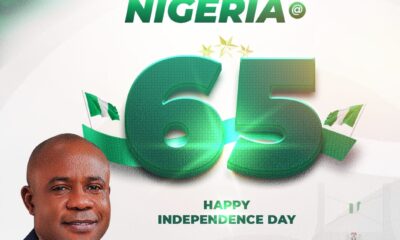Sixty-five years after the British lowered the Union Jack, Nigeria remains trapped in the shadows of wasted potential. While peers like Singapore, India, and Brazil sprinted ahead with booming industries, strong institutions, and rising prosperity, Africa’s most populous nation is stuck in the quicksand of poor leadership, wasteful governance, and a constitution that does not truly belong to its people.
At independence, Nigeria was a beacon of hope. With its fertile land, booming oil reserves, and a large, youthful population, the country was seen as the “giant of Africa.” But six and a half decades later, the giant is still crawling.
While Singapore built a global financial hub and transformed itself from a swampy island into a gleaming city-state, Nigeria still struggles with epileptic power supply. India became a tech powerhouse, Indonesia diversified its economy, Brazil industrialized and built global brands. Nigeria, on the other hand, is still exporting crude oil and importing refined petrol, a perfect symbol of how the nation has failed to convert wealth into real progress.
Nigeria’s GDP, though rebased, tells little of human progress. Per capita income remains low, unemployment is rampant, and inflation erodes whatever little citizens earn. Life expectancy hovers around 54 years, far below the global average. Child and infant mortality remain among the highest in the world. Education is a disaster: millions of children are out of school, teachers are underpaid, and our universities are plagued by strikes and underfunding.
Compared to our peers, the gap is glaring. Indians are coding software for the world. Brazilians are exporting planes. Singaporeans are living almost three decades longer on average than Nigerians. That is the real independence gap.
- President Bola Ahmed Tinubu came into office inheriting an economy in ruins. He removed fuel subsidies and unified the exchange rate. Maybe a bold move. But reforms without compassion and a timeline are punishment.
Removing subsidies without cushioning measures plunged millions into deeper poverty, as food and transport costs skyrocketed. The naira freefall only added salt to injury.What Nigerians saw instead was hypocrisy. Leaders urging citizens to “sacrifice” while public officials still feed fat on outrageous allowances, exotic cars, and bloated entourages. The government’s failure to cut the cost of governance has made its message hollow. You cannot ask hungry people to tighten their belts while politicians loosen theirs.
Nigeria needs more than patchwork reforms. It needs a total reset. Cutting the cost of governance is non-negotiable. This money must be redirected to education, healthcare, and infrastructure. Real diversification must replace lip service, with serious investment in agriculture, light industry, and technology.
Most importantly, the nation needs structural reforms. A new constitution, written by the people and not imposed by the military, must be the foundation. Genuine electoral reforms are urgent so that elections are not battles of manipulation but true reflections of the people’s will. And Nigeria must embrace true federalism, where states control more of their resources and compete in innovation, not in excuses.
Nigeria at 65 is not a story of independence; it is a story of wasted decades. Our peers did not perform miracles. They simply built systems, invested in their people, and stayed the course. Nigeria’s leaders instead chose short-term gain, corruption, and political theatre.
If the president wants to be remembered differently, he must go beyond quick-fix economics. He must lead a government that sacrifices first, reforms deeply, and dares to return power to the people through a new constitution and genuine federalism.
Otherwise, every October 1 will remain an empty ritual: flags waving, anthems sung, speeches made but no real independence. Just 65 years of crawling while others run.
Ejike Agbata writes from Nri,
Anaocha LGA,
Anambra State

 NEWS2 years ago
NEWS2 years ago
 MUSIC4 years ago
MUSIC4 years ago
 MUSIC4 years ago
MUSIC4 years ago
 MUSIC2 years ago
MUSIC2 years ago


















